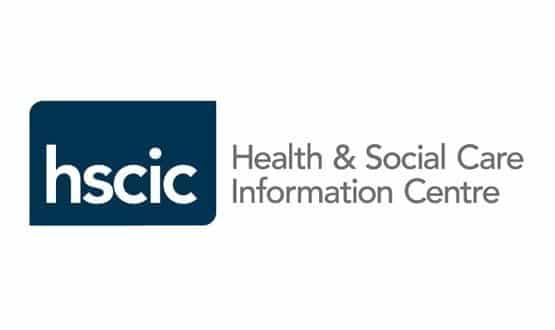The Health and Social Care Information Centre will extend its support for NHS organisations and providers using open source, open interfaces and cloud technology to increase integration across health and social care.
A draft of the HSCIC’s strategy for 2013-2015 presented at the centre’s latest board meeting says it will focus heavily on supporting interoperability, open source software and the use of application programming interfaces.
“By March 2015, we will develop and publish for consultation a 10-year strategic technology futures framework that majors on integration across social care into healthcare services, ensures that there is greater use of cloud technologies, open source, and other new developments, as well as increased use of standards for interoperability,” says the strategy.
It adds that the HSCIC will work with the market to support the new requirements this will create, “particularly in regard to the use of open source software and the development and use of APIs.”
“This will have implications for the operating model that is used to manage and develop the national infrastructure in the future,” it says.
The HSCIC will focus on engaging small to medium enterprises to create competition in the market and open it up to a larger number of suppliers.
It will also establish a programme to involve technology providers, research institutions and academics to “explore the nature of over-the-horizon technologies”.
The HSCIC has just begun a public awareness campaign for the care.data programme which will see large datasets being extracted from GP practices, covering patient demographics, events, referrals and prescriptions.
The strategy says this will provide access to more “granular data” about services, but that data from other sources will also be important.
It predicts that its data linkage service will be used more widely and the information centre proposes leting organisations hire processing capacity to use the data it will produce.
“To help organisations access and analyse the large volumes of data that will become available, we will introduce a new service to enable organisations to access our infrastructure and analytical tools for their own purposes,” says the strategy.
“In return for a modest fee, organisations will be able to hire processing capacity in a secure environment, to use our data, often alongside data from other sources.”
The draft 2013-2015 strategy also recognises the importance of developing interest for healthcare informatics in order to take advantage of the increasing use of technology and data.
It particularly recognises the need for chief clinical information officers and pledges to support the campaign for CCIOs, launched by EHI.
It will also work to support the royal colleges on introducing informatics training as “a key part of clinical education”.
Readers can provide feedback on HSCIC’s draft strategy online.

